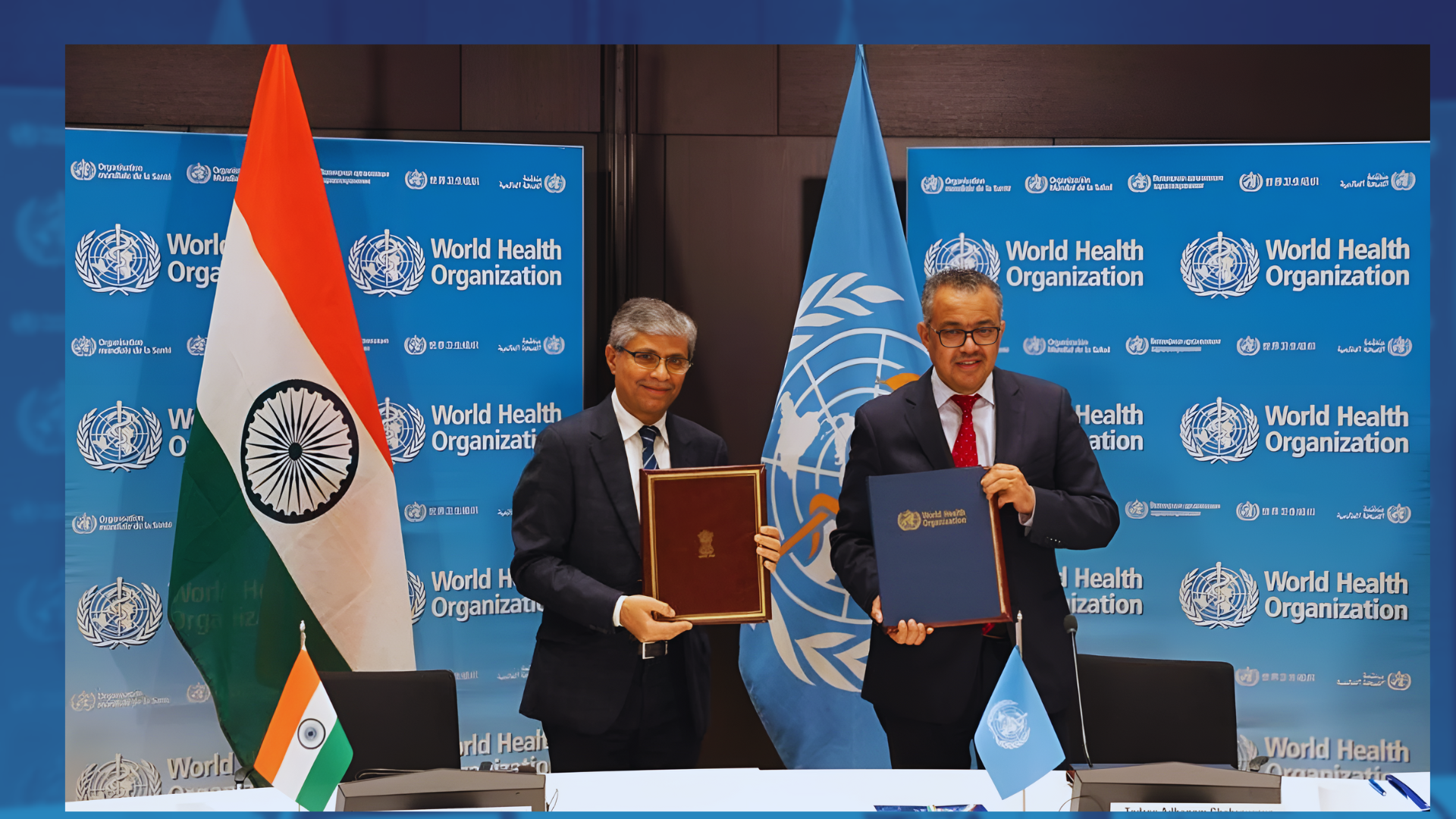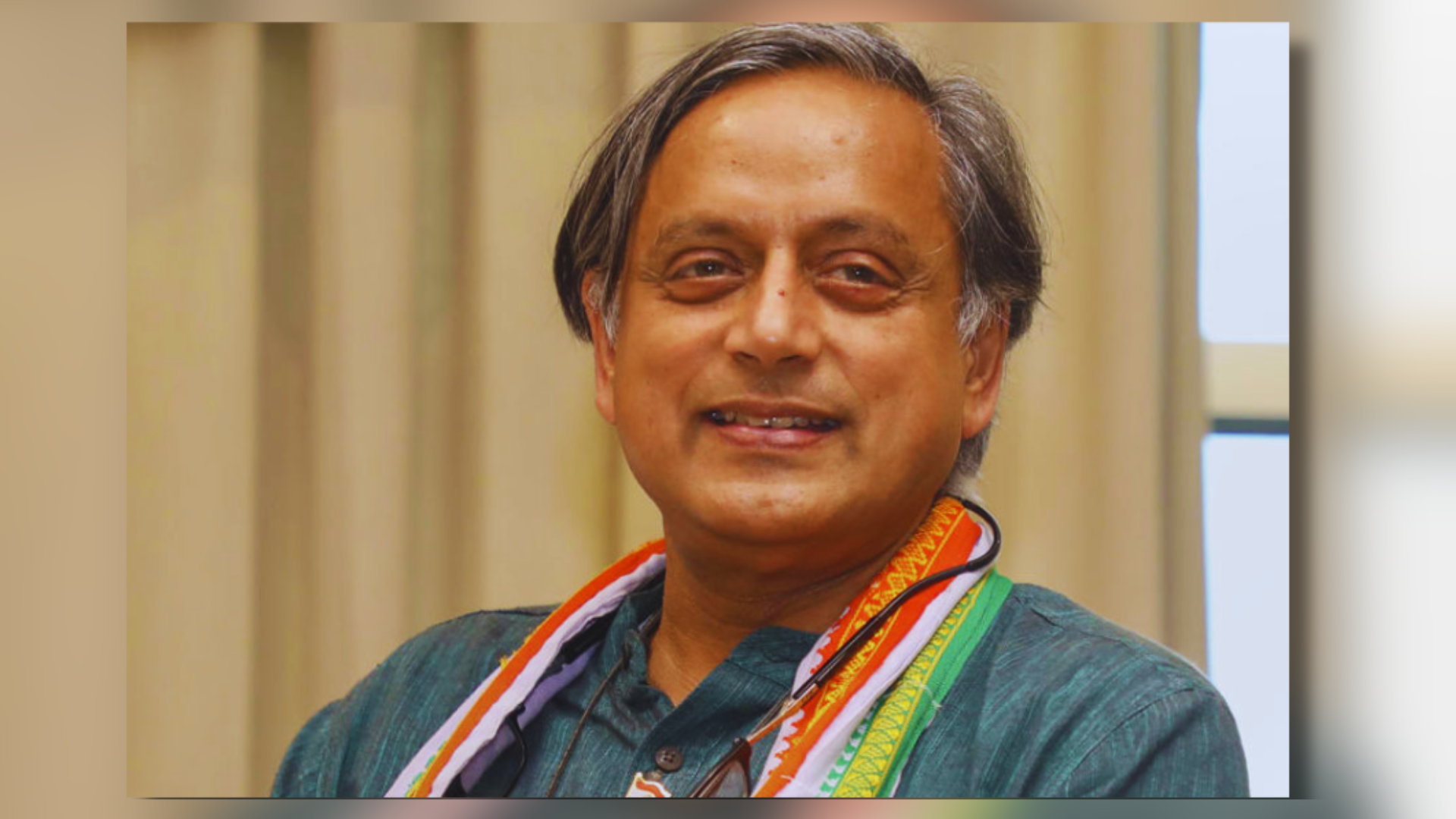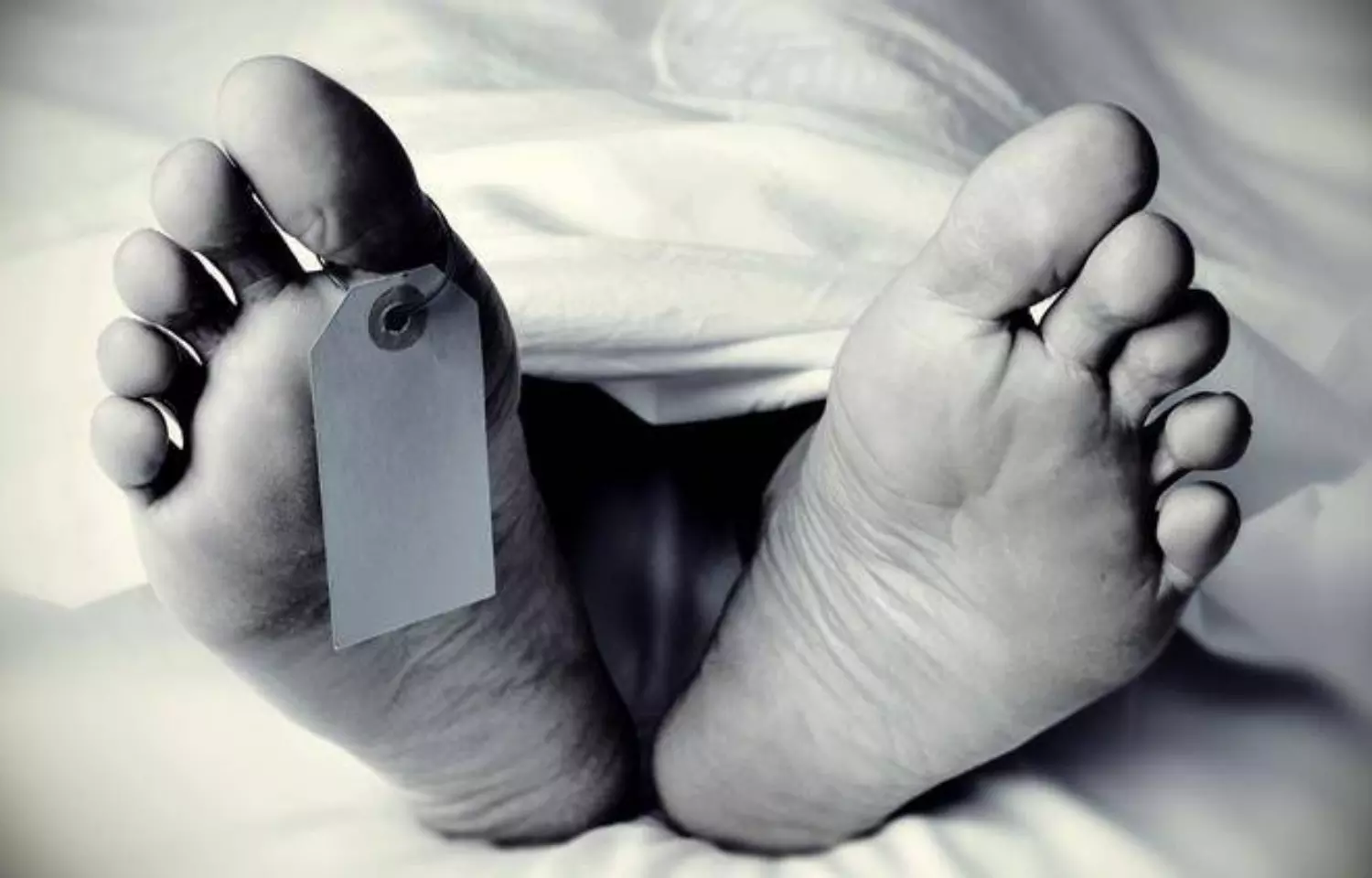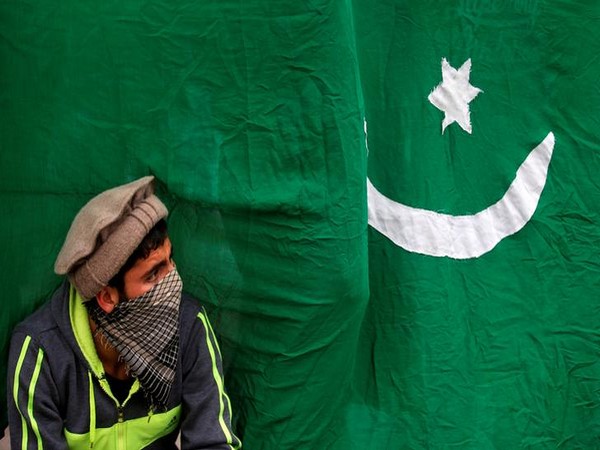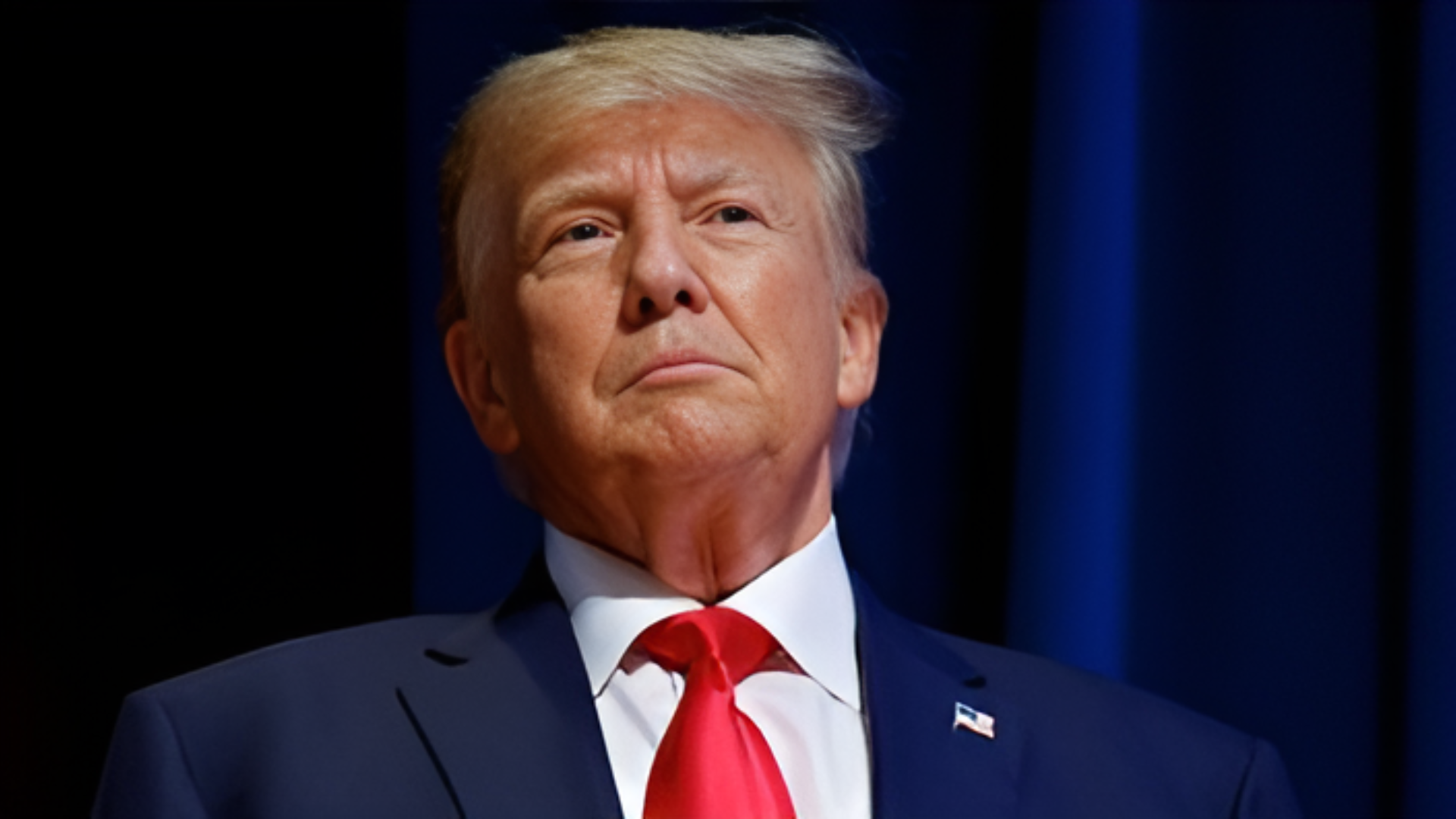During his speech at the 77th World Health Assembly in Geneva on Monday, Tedros Adhanom Ghebreyesus, the Director-General of the World Health Organization (WHO), highlighted the establishment of the Global Traditional Medicine Centre in India and the inaugural global summit on traditional medicine. This summit was organized by the WHO in collaboration with the Ministry of Ayush.
Advancing Technology Transfer and Manufacturing
While presenting his report to the 77th World Health Assembly in Geneva, Ghebreyesus said, “With WHO leadership, opportunities for technology transfer and geographically diversified manufacturing continue to expand. 15 partners joined the mRNA Technology Transfer Programme, and with WHO support, have started expanding the technology pipeline to include new vaccines of regional and global interest.”
“We also established the Global Traditional Medicine Centre in India, and hosted the first global summit on traditional medicine,” he added.
Establishment of Global Traditional Medicine Centre
In 2022, the WHO and the Government of India inked a pact to establish the WHO Global Centre for Traditional Medicine. With a substantial investment of USD 250 million from the Indian government, this global hub for traditional medicine endeavors to integrate traditional healing practices with modern science and technology to enhance global health, as per a WHO press release.
Achievements and Commitments
During his speech at the World Health Assembly, he acknowledged that 2023 was a year marked by numerous hurdles but also significant accomplishments. He described it as a fruitful year for the WHO in its efforts to facilitate access to medications and other healthcare products.
Tedros Adhanom Ghebreyesus said, “We prequalified 120 medicines, vaccines, diagnostics and other products last year for HIV, malaria, multidrug-resistant TB, Ebola, polio and COVID-19, as well as the first long-acting insulin analogues.”
“We issued eight alerts for substandard or falsified medical products; And we standardized nomenclature for more than 300 cell and gene therapies – it sounds boring, but it’s one of those things that WHO does that no one notices, but which makes a huge difference to researchers, manufacturers and prescribers,” he added.
Ghebreyesus highlighted that the WHO remains committed to aiding member states in enhancing their regulatory frameworks. He pointed out that WHO has acknowledged Turkey’s system as reaching maturity level 3, while Saudi Arabia’s has attained level 4.
READ MORE: Eye Strokes Are Common In Summers, Know Causes, Symptoms and Prevention
He mentioned that Singapore, South Korea, and Switzerland were the inaugural three nations to be designated as WHO-Listed Regulatory Authorities, thus establishing them as “regulators of reference.” ” He added, “And just last week we listed a further 33 national and regional regulators.”
He indicated that one of the most significant impacts of the COVID-19 pandemic was the disruption of routine immunization programs in numerous countries, leading to declines in coverage and outbreaks of diseases such as measles, diphtheria, polio, yellow fever, and others.
The WHO Director-General mentioned, “In April of the previous year, we initiated ‘The Big Catch Up’ in collaboration with UNICEF and Gavi, aimed at aiding countries in containing outbreaks and reinstating immunization programs to at least pre-pandemic standards.”
“This year, most of the 20 countries with the most children who missed out completely on vaccines during the pandemic are launching and implementing their plans to reach those children,” he added.
He mentioned that in 2023, the WHO’s Strategic Advisory Group of Experts on Immunisation (SAGE) recommended new vaccines for dengue, meningitis, and a second vaccine for malaria, known as the R21-Matrix M vaccine.
During his address, he highlighted that the WHO anticipates that by 2025, around 777 million individuals will have improved protection against health emergencies, marking three-quarters of the way toward the target of 1 billion. However, he emphasized that “better protected” does not equate to complete protection, as demonstrated by the COVID-19 pandemic, indicating that all Member States still have significant work to do, both individually and collectively.
The WHO Director-General also announced that he had officially ended the global health emergencies for both COVID-19 and smallpox in May of the previous year.
He stated, “We continue to call on all countries to maintain and reinforce the capacities for surveillance, detection and response that they built during the pandemic. These investments must not go to waste.”
The Ancient Art Of Traditional Medicine In India
India boasts a rich heritage of traditional medical systems, including Ayurveda, Siddha, and Unani, with references dating back to ancient scriptures like the Vedas. Originating between 2500 and 500 BC, Ayurveda, meaning “science of life,” emphasizes holistic health, focusing on the individual and their well-being.
Often termed the “science of longevity,” Ayurveda provides comprehensive approaches to promote longevity and vitality, incorporating dietary and nutritional regimens. While offering remedies for various ailments, including conditions like food allergies, Ayurveda emphasizes patient involvement and responsibility. It emphasizes education and empowerment, guiding individuals toward self-care and well-being. Notably, Ayurveda isn’t a quick fix but requires dedication and active participation. It serves as a tool for personal growth, promoting freedom and longevity, rather than encouraging neglect or abuse of the body and mind.









